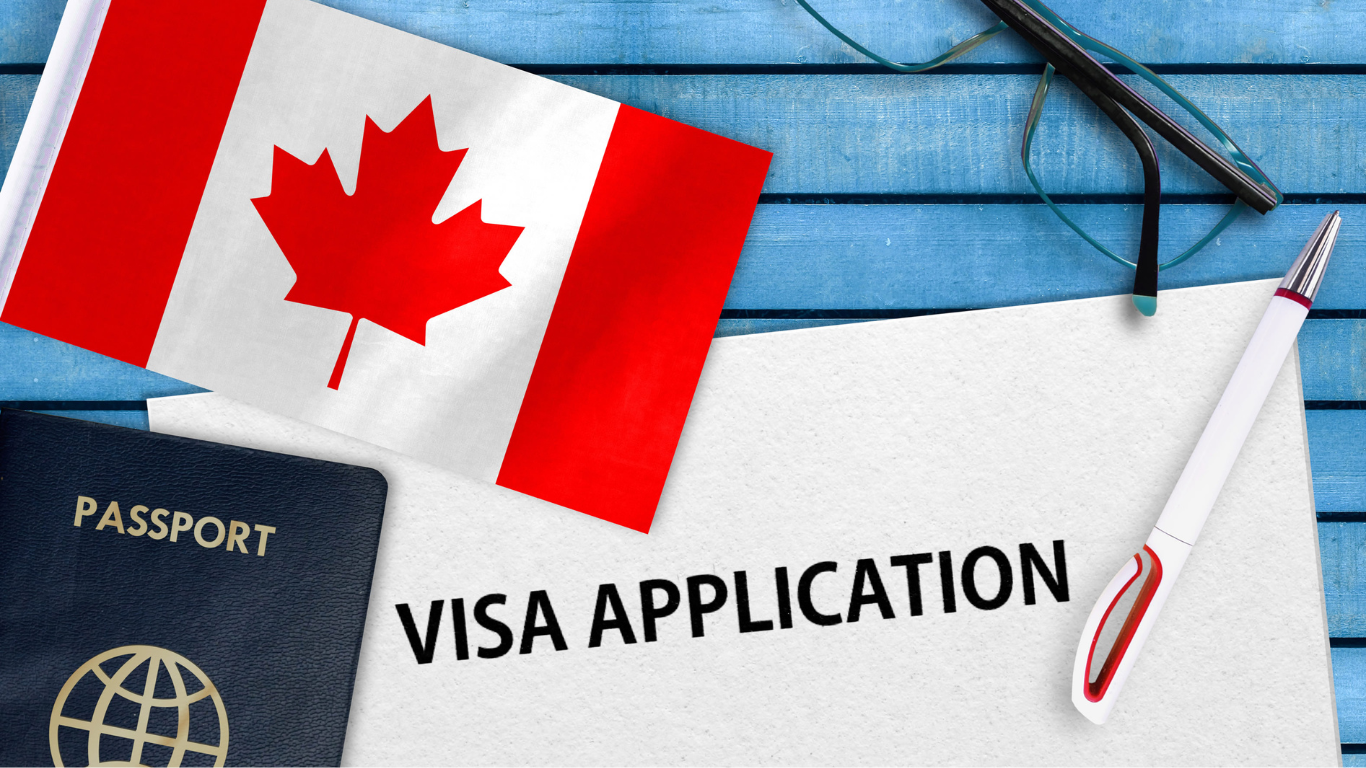Canada’s Immigration Minister, Marc Miller, has announced that significant changes are coming for the Postgraduate Work Permit (PGWP) programme. These modifications aim to align the program more closely with the labour market needs, potentially altering eligibility criteria and the structure of work permits. The Canadian government is introducing significant changes to the Postgraduate Work Permit (PGWP) program, impacting international students and their ability to work in Canada after their studies. Here is a comprehensive overview of these changes and their implications.
Historical Context
The PGWP allows international graduates to gain Canadian work experience, which can be a pathway to permanent residency. Previously, graduates from eligible programs could obtain work permits lasting up to three years. The PGWP has been instrumental in attracting international students to Canada. Over the past 15 years, the number of international students has increased significantly due to this policy.
Proposed Reforms
Internal briefings and recent surveys indicate that the government plans to:
- Restrict PGWP eligibility based on occupations in shortage.
- Job offers aligned with these shortages may be required for permit extensions beyond one year.
- Introduce new eligibility criteria, such as language proficiency and provincial support.
Read more… Best Ways to Prove Your Financial Ability for Study Permit Application
Key Changes to PGWP
- Shorter Work Permit Duration:
- Previous Policy: Graduates of two-year programs could receive a three-year work permit.
- New Policy: Work permits will now be issued for a maximum of one year, regardless of the program length.
- Field-Specific Eligibility:
- Previous Policy: All graduates from eligible DLIs were eligible for work permits.
- New Policy: Only graduates from high-demand fields (e.g., IT, healthcare, construction) will be eligible. Graduates in business, arts, and other lower-demand fields may not qualify.
- Job Offer Requirement:
- Previous Policy: No job offer was required to obtain a Postgraduate work permit.
- New Policy: A job offer from a Canadian employer is a requirement before applying for a work permit.
Reasons Behind the Changes
- Addressing Skill Gaps: Canada aims to address labour shortages in critical sectors by prioritizing work permits for students in high-demand fields.
- Preventing Misuse: The changes are intended to prevent students from enrolling in low-demand programs solely to gain work permits and stay in Canada.
Tips for International Students
- Choose High-Demand Programs: Opt for fields like IT, healthcare, or construction to increase eligibility for a Postgraduate work permit.
- Secure a Job Offer: Aim to secure a job offer before completing studies to meet the new requirement.
- Stay Informed: Regularly check updates from Canadian immigration authorities to stay prepared for any further changes.
- Strategic Planning: Choose study programs aligned with high-demand sectors to improve your chances of obtaining a work permit and permanent residency.
Potential Impacts
These reforms could significantly affect the volume of international students and PGWP holders, particularly if immediate implementation applies to current students. Such measures might deter new international students, impacting the country’s global reputation and enrollment numbers.
Conclusion
In conclusion, the Postgraduate work permit program is at the point of significant reforms to align it with labour market needs. While these changes can address skill shortages, they could affect international students and educational institutions. Careful stakeholder consultation and a well-defined implementation plan will be crucial to navigating these potential drawbacks and ensuring a smooth transition to the revamped PGWP program.



Join the discussion 3 Comments